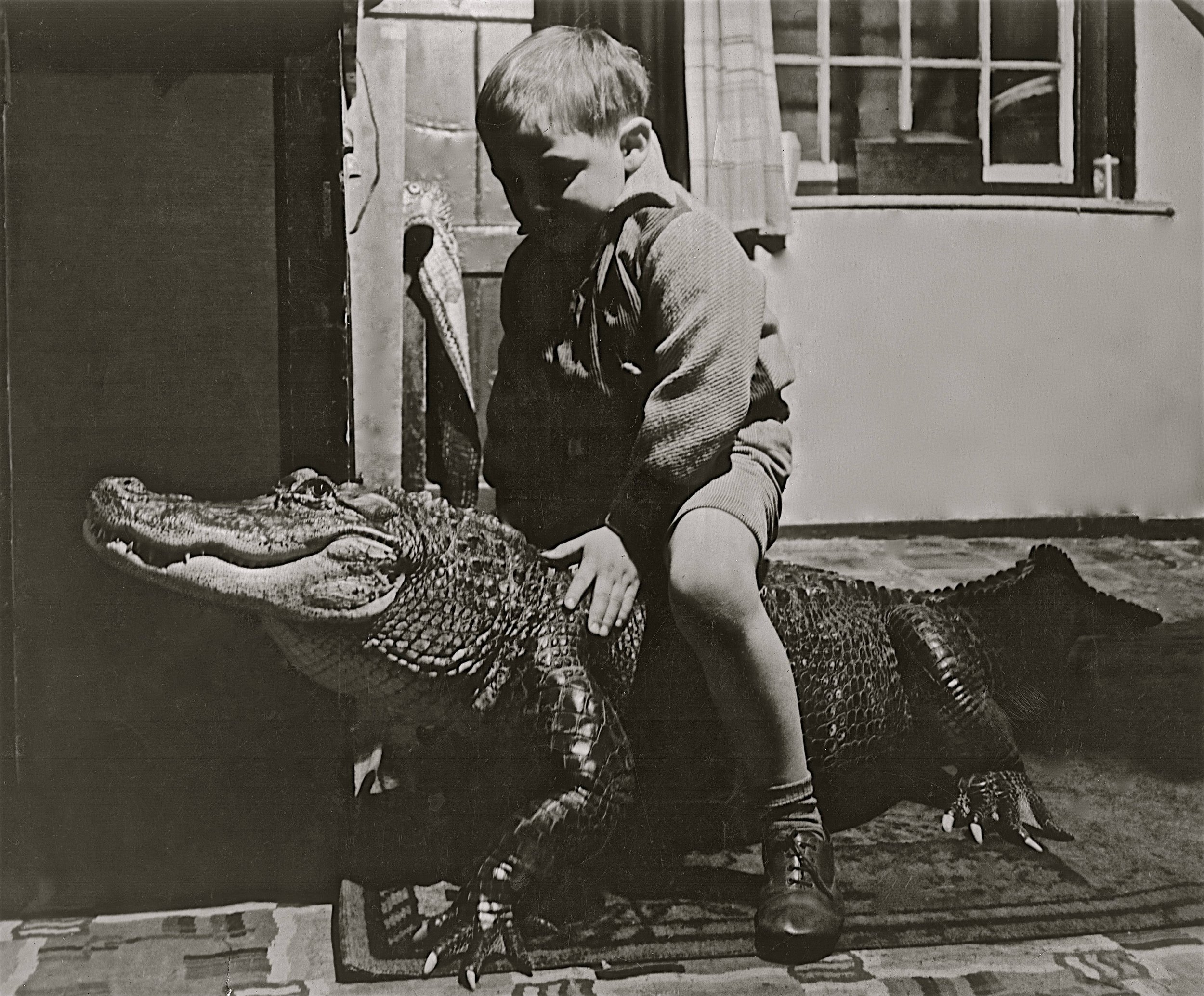ABOUT PEN DENSHAM
Pen Densham is a fine art photographer who is also an Oscar-nominated filmmaker. Pen’s love of image-making began when his cameraman father made shorts for the British theaters. At four, Pen rode a live alligator in one. “Cameras seemed like magician’s instruments and I yearned to cast spells with them.”
Pen left school at 15 years old and started selling his photographs, taking photos of the Rolling Stones for the BBC. At age 16, he wrote an article for a national photo magazine titled “Go Shoot Yourself,” which included images of Densham himself reflected in mirrored surfaces. The inclusion of water, transparency and reflection have continued to be consistent themes in his work.
Densham emigrated to Canada at 19 and added making short films to his skills. He founded the company that became the Trilogy Entertainment Group with his then-partner, John Watson. Pen would film and John edited their highly visual films, winning over 60 international awards, including two Oscar nominations.
Norman Jewison was so impressed with Pen’s first drama as a solo writer/director that he mentored Pen into Hollywood. Under his Trilogy banner, Pen worked with multiple major Hollywood stars and talents. His goal has always been to make “visionary” films that utilize camera creativity and emphasize altruism in storytelling. He has been involved with 260 hours of TV series, 16 features as a Producer and four as Writer-Director.
His big Hollywood break was writing and producing Robin Hood Prince of Thieves, a worldwide hit, which lead to other successes like Backdraft, Blown Away, Moll Flanders, Houdini. Most recently he was on the producing team of the Oscar-nominated, Harriet, about the inspirational life of Harriet Tubman, “the slave freedom fighter,” and Last Full Measure, another true story about the challenge to get a Vietnam-era medic a posthumous Medal of Honor.
While a successful filmmaker, Pen has never lost a passion for making still images that push photography to new levels of visual experience. He has an emotional fascination with nature and creates highly impressionistic explorations of water, transparency, light and reflection. “I use the camera like a paintbrush and not a gun.”
The exhilarating feeling these photos have is the signature of an artist who “got free” and enjoys his practice. It hasn’t been easy.
Pen remembers the “stiffness” and “rigidity” of the landscape images he tried to achieve for years by strictly taking Kodachrome slides, following the influence of Canadian expressionist and nature photographer Freeman Patterson.
“Despite taking thousands of slide images, I was disappointed by my results. They were unemotional. I slowly let my cameras languish and concentrated on writing, directing and producing films as my artistic expression…” observes Densham, “…until my daughter took up my old Nikons at age 15. Her untrained image making was so much more fluid and ethereal than mine.” Densham learned from her untrained, spontaneous way of using this medium.
In an effort to tempt him, his family gave him a digital Lumix LX2 camera for Christmas, “and my photographic world changed.”
His fine art images of streams and waves in Hawaii lakes and trees and of koi in ponds in California try to capture the cosmic beauty and fragility of nature.
“When I explore my photographic image making, I am free of the constraints of film—no studios, budgets, etc. —just intuitive freedom. I approach fine art subjects that magnetize me as sensory explorations, allowing my unconscious to guide me: my nature work explores sensations like red maples trees arcing in the frame, reflections in a harbor, waves and streams in Hawaii, koi ponds in California. Prismatic nature montages also fascinate him. He calls them Organic Mandelas.”
“I also have created long term studies of artists at work and a cross country sensory study of India. Pushing beyond the conventional to embrace emotions and sensations. I see my camera as a musical instrument often moving during the exposure and my hope is to make the eye dance.”
His overview hope is to take his photography into new places which revolutionize his perception of what the art can be.
He owns almost 100 antique cameras, some purchases from the Rochester Kodak museum. They remind him of the legacy and craft that he loves.
Pen is also the author of a best-selling book on screenwriting called Riding the Alligator, recently translated into Chinese, and is a frequent speaker on film and creativity. The University of Toronto is acquiring Pen’s film and still photo archives for their collection and preservation.











